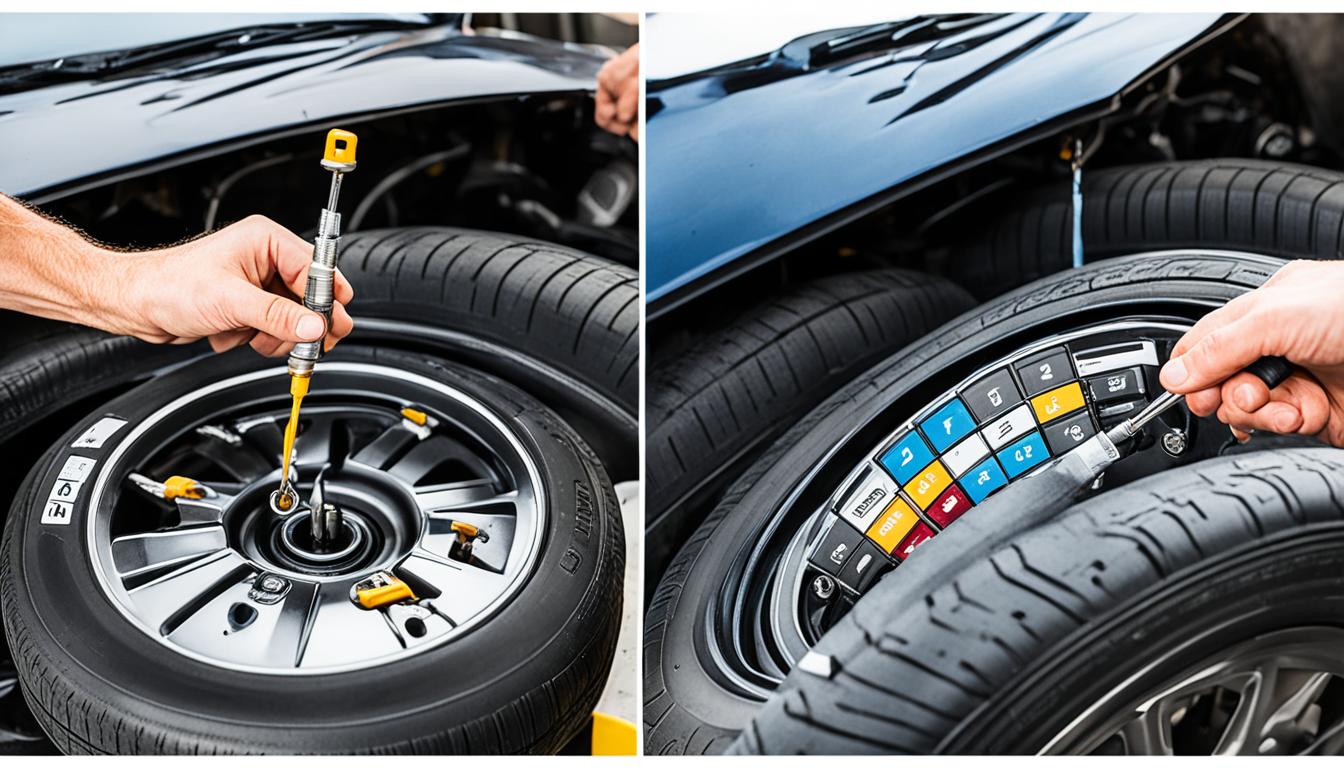Featured
Table of Contents
- – 1. Arrange Routine Oil Adjustments.
- – 2. Monitor Tire Pressure and Rotate Tires.
- – 3. Replace and inspect Wiper Blades.
- – 4. Inspect Liquid Degrees Consistently.
- – 5. Test and Change Your Battery as Needed.
- – 6. Examine Brake Pads and Rotors.
- – 7. Change Air Filters On A Regular Basis.
- – 8. Watch on Lights and Signals.
- – 9. Shield the Paint and Outside.
- – 10. Stick to an Upkeep Schedule.
- – Final thought.

Routine cars and truck maintenance is vital for each motorist, making sure that your lorry runs efficiently, safely, and efficiently. By regularly checking your vehicle's vital systems, you can protect against pricey fixings and avoid unforeseen breakdowns. Below are some necessary cars and truck maintenance tips every vehicle driver should recognize.
1. Arrange Routine Oil Adjustments.
One of the most important facets of car maintenance is changing your oil frequently. Most autos need an oil adjustment every 5,000 to 7,500 miles, but you must examine your owner's manual for specific suggestions.2. Monitor Tire Pressure and Rotate Tires.
Correctly inflated tires add to far better fuel effectiveness and handling. Low tire pressure can result in inadequate gas economy, uneven tire wear, and even blowouts. Inspect your tire stress regular monthly making use of a scale, and keep it at the level advised in your lorry's handbook. Furthermore, rotating your tires every 6,000 to 8,000 miles helps distribute put on equally, prolonging the life of your tires and boosting general handling.3. Replace and inspect Wiper Blades.
Wiper blades are simple to forget, but they are necessary for risk-free driving in negative climate. Over time, wipers come to be less effective, causing touches that lower presence. Change your wiper blades every 6 months or earlier if you notice they're no much longer removing your windshield appropriately. Quality wipers ensure far better visibility, especially throughout rainfall and snow.4. Inspect Liquid Degrees Consistently.
Your car utilizes a number of liquids to work smoothly, including coolant, brake fluid, power steering fluid, and transmission liquid. Inspect fluid levels frequently, and consult your owner's handbook to understand when they should be changed or topped off.5. Test and Change Your Battery as Needed.
The battery powers your car's electrical parts and ensures dependable beginnings. Severe weather condition problems can reduce a battery's life expectancy, so it's essential to inspect it consistently, particularly if it's over three years old.6. Examine Brake Pads and Rotors.
Your brakes are important to your safety on the roadway. Used brake pads can bring about decreased stopping power and damage to your rotors. If you listen to squeaking, grinding, or discover a longer quiting distance, it's time to have your brakes evaluated. Lots of vehicle drivers find it helpful to have actually brakes inspected throughout regular tire rotations or various other set up maintenance.7. Change Air Filters On A Regular Basis.
Air filters protect against dirt, debris, and other pollutants from entering your engine and cabin. A stopped up engine air filter can affect your auto's efficiency and fuel economic situation, while a stopped up cabin air filter minimizes air quality inside the lorry. Change the engine air filter every 15,000 to 30,000 miles, and examine your cabin filter at the very least annually.8. Watch on Lights and Signals.
Headlights, brake lights, and turn signals are important for exposure and interaction when driving. Regularly check these lights to guarantee they are functioning properly. Replacing a bulb is inexpensive and generally fast, but it's necessary to avoid driving with damaged or dim lights, which can endanger safety and security and result in tickets.9. Shield the Paint and Outside.
Regularly cleaning and waxing your automobile is more than just an aesthetic procedure; it shields the paint from dust, salt, bird droppings, and UV rays. Over time, these aspects can harm your auto's paint and lead to corrosion. Waxing your auto every few months provides a safety layer that assists maintain its appearance and worth.10. Stick to an Upkeep Schedule.
Your lorry's handbook gives an upkeep schedule customized to your car's requirements. Following this routine helps keep your car in peak condition and addresses prospective problems early. Routine examinations, consisting of tune-ups and inspections by a specialist, allow you to identify and fix minor troubles before they become major expenses.Final thought.
Maintaining your car does not have to be complicated or time-consuming, yet it's important for keeping it safe, reputable, and reliable. By complying with these pointers and remaining proactive with your car's upkeep, you'll appreciate a smoother ride, less unexpected issues, and possibly higher resale value. Make normal upkeep a concern, and you'll gain the benefits each time you hit the trail.Table of Contents
- – 1. Arrange Routine Oil Adjustments.
- – 2. Monitor Tire Pressure and Rotate Tires.
- – 3. Replace and inspect Wiper Blades.
- – 4. Inspect Liquid Degrees Consistently.
- – 5. Test and Change Your Battery as Needed.
- – 6. Examine Brake Pads and Rotors.
- – 7. Change Air Filters On A Regular Basis.
- – 8. Watch on Lights and Signals.
- – 9. Shield the Paint and Outside.
- – 10. Stick to an Upkeep Schedule.
- – Final thought.
Latest Posts
A Historic Shoreline Location with Modern Thrills
Published Apr 11, 25
1 min read
A Historical Coastline Destination with Modern Thrills
Published Mar 29, 25
1 min read
Selecting the Right Place: What to Take into consideration for Wedding Events, Conferences, and Events
Published Mar 19, 25
1 min read
More
Latest Posts
A Historic Shoreline Location with Modern Thrills
Published Apr 11, 25
1 min read
A Historical Coastline Destination with Modern Thrills
Published Mar 29, 25
1 min read
Selecting the Right Place: What to Take into consideration for Wedding Events, Conferences, and Events
Published Mar 19, 25
1 min read